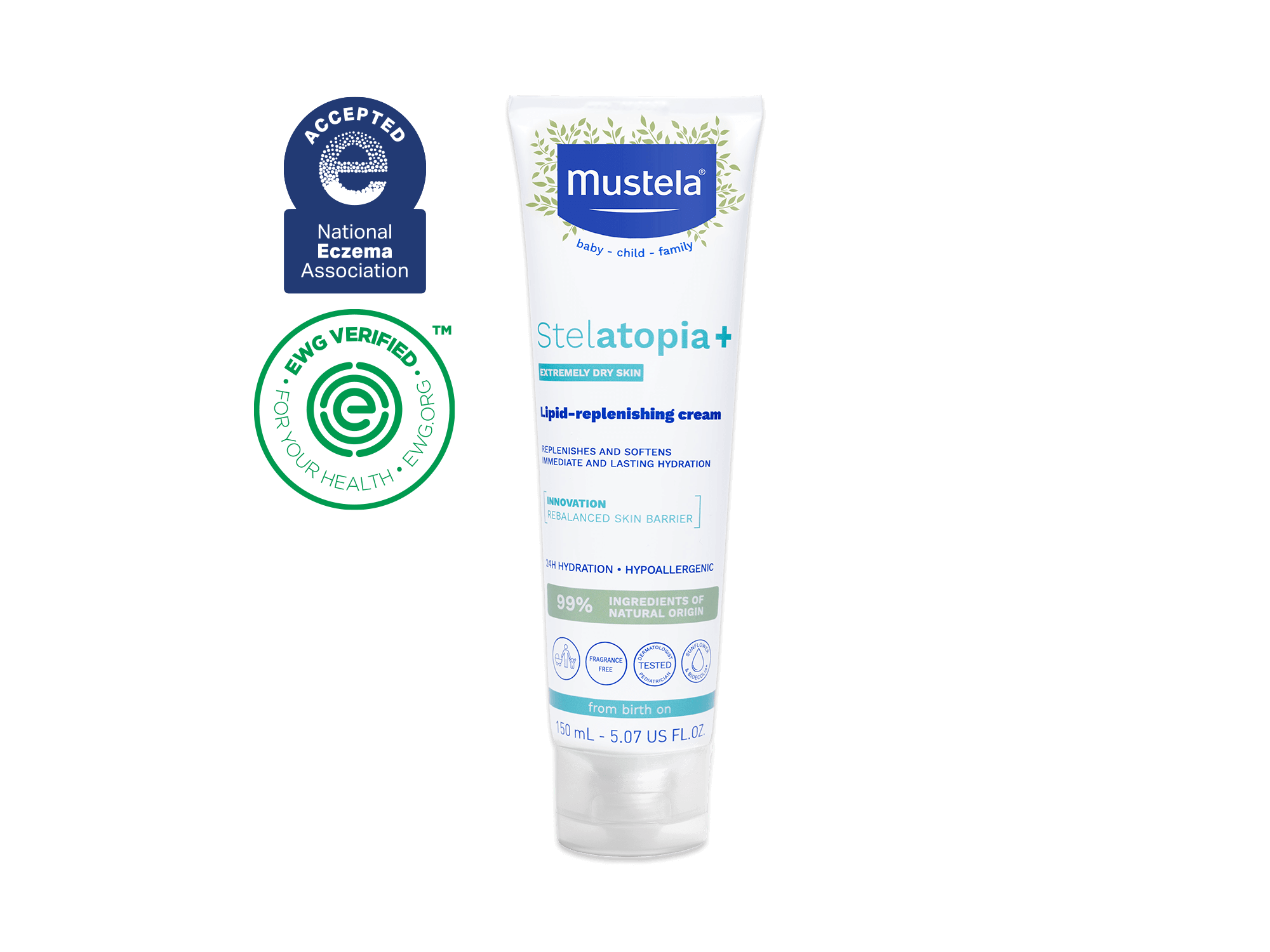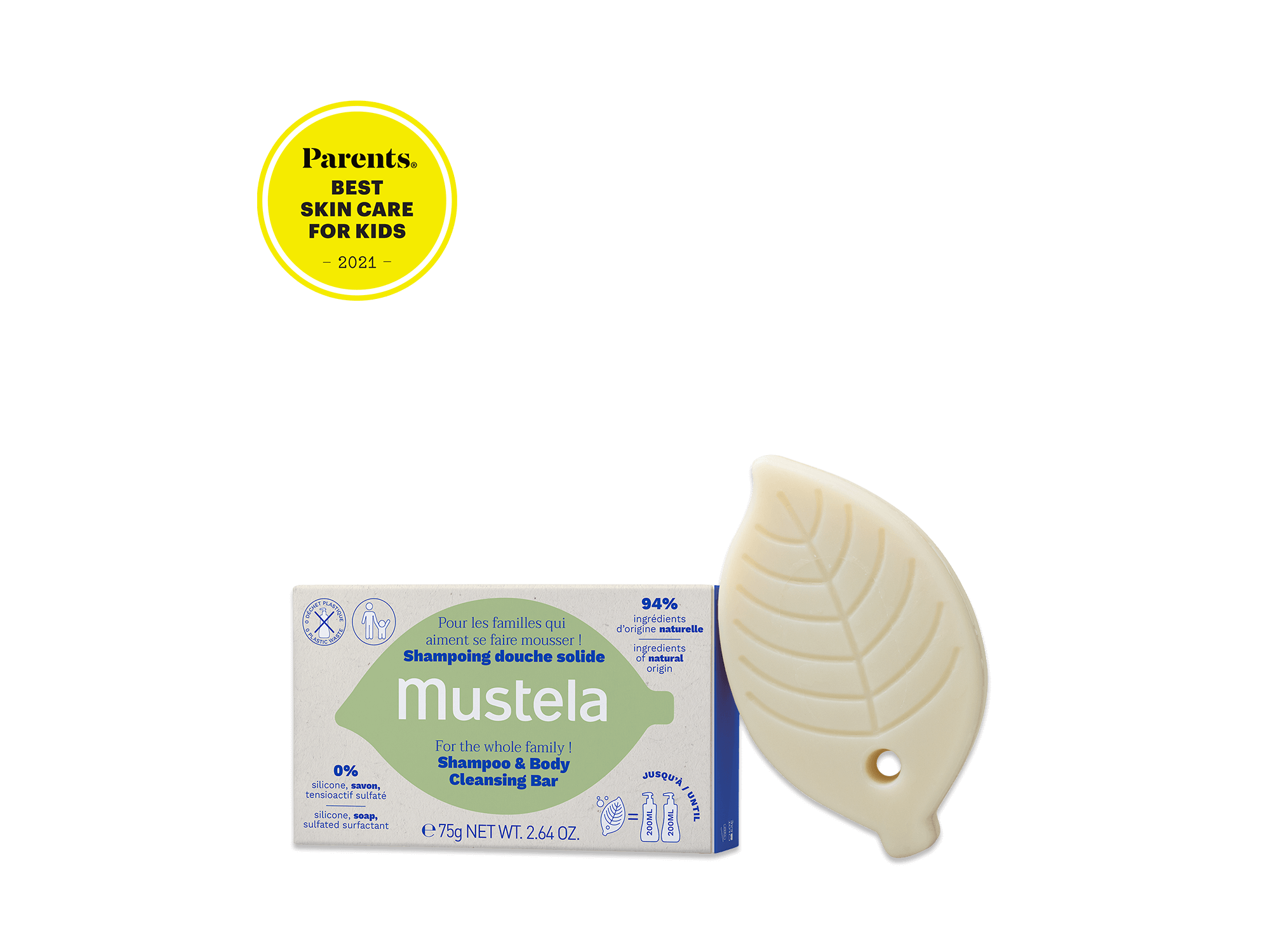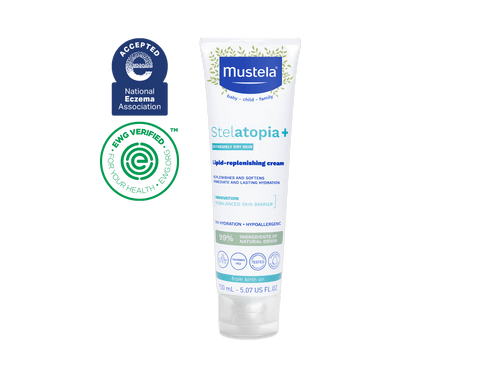With your baby’s due date quickly approaching, you’re busy preparing for the arrival of your precious little one. This involves choosing a hospital, and one factor that can affect your decision is whether or not you want to opt for rooming-in.
If you’re on the fence about rooming-in or simply need more information about it, you’re in the right place. In this article, we’ll discuss the benefits of this post-birth practice and offer tips to make your experience successful.
But first, let’s start with the basics: What is rooming-in?
Rooming-In: What Is It?

Very simply put, rooming-in means that after you give birth, your baby stays in your room instead of heading off to the hospital nursery.
Each hospital has different practices and procedures, but they might offer two types of rooming-in: full rooming-in or partial rooming-in.
As the name suggests, full rooming-in means that your baby is with you in your room 24/7. All of their exams, tests, and care take place in your room, too, assuming there are no extenuating circumstances.
Meanwhile, partial rooming-in typically means that your baby will be with you during the day but sleep in the nursery at night.
Keep in mind that if your baby needs special medical care or is in the neonatal intensive care unit (NICU), rooming-in may not be an option, or it might look a bit different. It’s always a good idea to talk to your hospital to understand your options beforehand.
Choosing where you give birth and the care that you and your baby receive afterward is a personal decision, and rooming-in is simply one of the options. To help you decide if it’s right for you, we’ll share a few of the benefits below.
Benefits Of Rooming-In
Rooming-in allows you to get to know your new baby while you recover, and there are a few specific ways this can benefit both of you. Let’s take a look.
Breastfeeding Is Simpler

If you’ve already decided to breastfeed your baby, rooming-in can make things simpler. It gives you access to your baby so you can breastfeed whenever you want and for as long as you want.
When your baby is in the room with you, it’s easier to breastfeed more often. And, more frequent breastfeeding can help increase your breast milk production.
Overall, rooming-in can improve the nursing experience while you’re at the hospital.
You Learn Your Baby’s Cues
When your baby is in the room with you, you’ve got a front-row seat to begin learning their behavior and all of their habits. Your newborn can’t verbally communicate with you yet, but they’ll give cues if they’re stressed out, ready for a nap, or have a hungry belly.
For example, they may show signs of hunger by rooting or opening their tiny mouth, or they may be extra fussy if they have a gas bubble that needs to be released.
Once you go home, you’ll continue learning about your baby and their behavior, but rooming-in gives you a head start.
Bonding With Your Baby Is Easier

Another benefit of rooming-in is that bonding with your baby is easier. You’ll have more time with your newborn and more opportunities for cuddling, snuggling, and skin-to-skin contact (or SSC for short).
What is skin-to-skin contact? Also called kangaroo care, skin-to-skin contact is the period of time immediately after birth when you hold your baby directly on your bare chest. This immediate contact provides all sorts of short- and long-term benefits.
But, in addition to this initial contact, it’s a good idea to make SSC a regular part of your newborn’s life. For more information about the benefits and how to continue, click here.
You Gain Confidence As A Parent
As we mentioned, rooming-in gives you more opportunities to learn your baby’s behavior and cues. Knowing how your baby expresses needs and what you can do to meet them can increase your confidence as a new parent.
More contact with your little one gives you that much more experience handling and caring for them, which can help you gain confidence for when you are discharged and head home.
Better Sleep
The last potential benefit we’ll mention is an important one: better sleep.
It might seem counterintuitive that having a newborn in your room can provide you with better sleep, but the fact is that you’re likely to sleep the same amount or even get better sleep with your baby around.
As a parent, you’ll probably have more peace of mind and less stress if you can keep an eye on your newborn. Being together can also help your little one develop their sleep-wake cycle.
Rooming-In Tips For Parents
1) Talk With The Hospital Beforehand

Because every hospital is different, it's important to check with hospital staff about their specific rooming-in procedures and policies in order to decide if what they offer is right for you and your baby. This information can help you choose a hospital or birthing center if you haven’t already.
Whether they offer partial rooming-in, full rooming-in, or both, it’s a good idea to ask questions to understand your options and when you’ll be able to see your baby.
This is especially important now, considering some policies may have changed in the face of recent events and may change again in the future.
2) Go Prepared
No matter which rooming option you choose to go with, make sure you’re prepared! Pack your hospital bag well in advance with baby-care items as well as things to keep you comfortable during and after labor.
As a parent, much of your focus is on your little one, but remember to take good care of yourself, too. To see a complete list of things to put in your hospital bag, click here.
In the meantime, here are a few things we recommend including:
- A copy of your birth plan
- Something to wear during labor
- Your cell phone and charger
- Snacks and water
- Your pillow
- Slippers
- A nursing gown and bra
- A bathrobe
- Nipple cream
- Micellar water for quick clean-ups
- Cleansing wipes for removing your makeup

For a natural nipple cream, reach for our Nursing Comfort Balm, a soothing and restorative formula that keeps your skin comfortable while nursing.
Made with 100% ingredients of natural origin per ISO 16128 standard, this cream is enriched with vitamin E, olive oil, and plant-based glycerin to nourish, protect, and moisturize your skin.
Our vegan, lanolin-free, fragrance-free, and dye-free formula has a neutral smell and taste and won't stain your clothing.
And this Nursing Comfort Balm is backed by scientific research, developed in collaboration with healthcare professionals, and tested under dermatological control. It’s proven safe for expecting moms, new moms, and babies.
Like all Mustela products, it’s also free of questionable ingredients, like parabens, phthalates, and phenoxyethanol.
To use this rich cream, apply it generously to your nipples after feeding. There’s no need to rinse. Just make sure to clean your nipples before each breastfeeding session.
3) Be Flexible
As a parent, the name of the game is flexibility! Just as you’ll need flexibility when it comes to sticking to a birth plan, you might also need to be flexible with your choice to room-in.
Childbirth does not always go as planned, and you may need to go with the flow regarding what happens in the hours and days after birth, too.
4) Support Your Partner
If your partner is the one giving birth, be prepared to play the role of cheerleader and supporter — not just during birth but also in the days that follow.
After the baby is born, your partner will be exhausted, getting the hang of breastfeeding, and healing. Care for them in addition to tending to your brand-new child.
To Room-In Or Not To Room-In, That Is The Question

You’ve read about rooming-in and the benefits it can provide you and your new little one. Only you know what the best decision is for your family and your baby, but if you choose to room-in, keep the tips we mentioned above in mind.
Talk with the hospital beforehand, go prepared with a hospital bag and all your must-haves (including Nursing Comfort Balm), be flexible, and support one another as new parents!
To room-in or not to room-in is just one of the many decisions you’ll make as an expecting and new parent. Now that you know more about it, the choice is completely up to you!
















